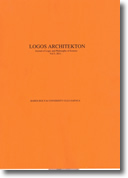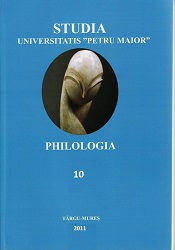
The Use of Excluded Middle in the Theological Discourse
This paper aims to expose the eventual advantages and the disadvantages of the excluded middle within the theological type of discourse according to the model of the intuitionist logic. The relinquishment of the law of the excluded middle (LEM) leads to the invalidity of the ontological argument in its various formalizations in the case of Saint Anselm because it is necessary the reduction to the absurd which becomes impossible once the LEM is rejected and in the Hartshorne, Godel and Platinga cases because S5 is requested, whilst the intuitionist logic can only be transposed in S4. By comparison, I will present some of the advantages and of the disadvantages of refuting the principle of the non-contradiction as it is depicted by the paraconsistent logic. Through this, I will also explain why theologians would be advantaged by a logic system which rejects the non-contradiction and that accepts the LEM.
More...
